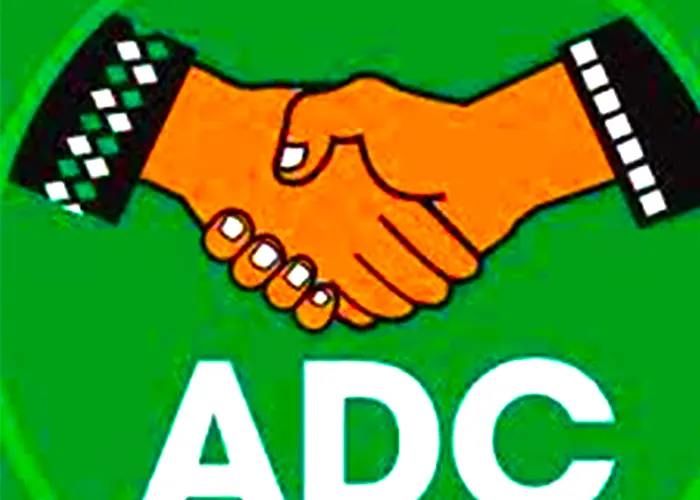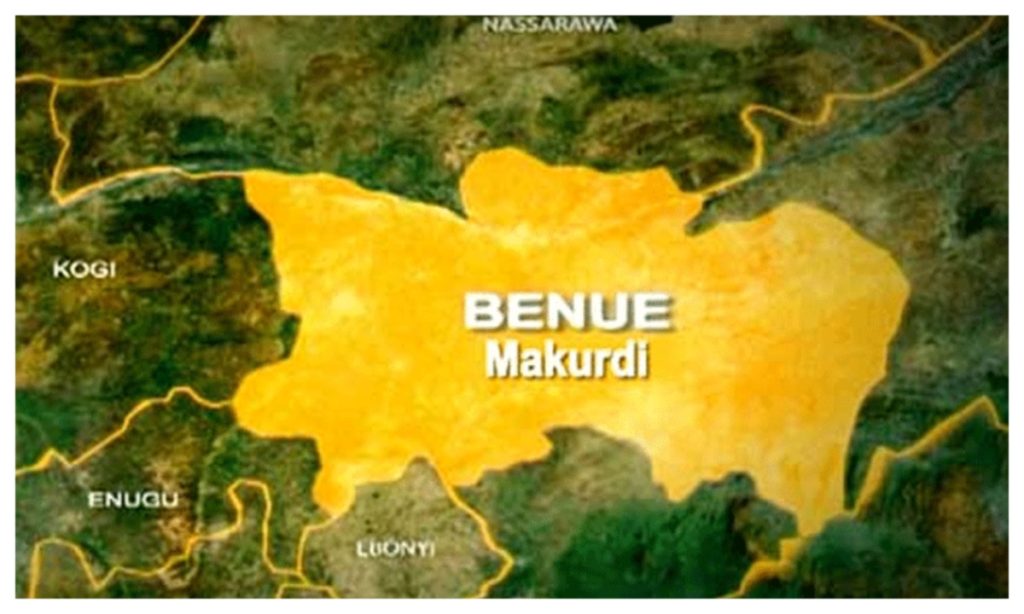Small business owners in Nigeria are feeling the pinch of soaring inflation, which has reached a staggering 31.70 percent. The economic hardship has become unbearable for many, prompting calls for government intervention.
Abimbola David, the owner of a Cashewnut factory, highlighted the challenges faced by businesses due to the rising inflation. Production costs have skyrocketed, with prices constantly on the rise. From cashew nuts to black pepper, every aspect of production has seen significant cost increases.
The exchange rate has also added to the woes of business owners, making it difficult to source raw materials locally. The escalating prices of essentials like diesel and power have forced businesses to operate under severe constraints, impacting sales and profitability.
Joyful Samuel, a poultry farmer, echoed similar sentiments, citing the rising costs of bird feed and essential supplies needed for production. The removal of fuel subsidies has further exacerbated the situation, leading to a domino effect on prices and profitability.
Restaurant owner Precious Idoko and fashion designer Mrs. Badmus shared their struggles with increasing prices of food items and materials, highlighting the need for urgent government intervention to alleviate the burden on businesses and consumers.
According to the latest data from the National Bureau of Statistics, Nigeria’s headline inflation rate has surged to 31.70 percent, driven by increases in food, housing, transportation, and other essential goods and services. Food inflation, in particular, has seen a significant spike, further straining the already fragile economy.
Economic experts are calling for comprehensive measures to address the root causes of inflation, including tackling the high cost of production, improving the power sector, managing exchange rates, and addressing security challenges. They emphasize the need for a holistic approach combining monetary and fiscal policies to stabilize prices and support businesses in navigating these challenging times.



